Prioritize Yourself: Wellness and Self-Care Practices
Wellness and self-care are essential components of a healthy and fulfilling life. Taking time to nurture your body, mind, and spirit can lead to improved well-being, reduced stress, and greater happiness. This article explores various wellness and self-care practices, highlighting their benefits and providing insights into how you can incorporate them into your daily routine. From physical activities to mental health practices, these options offer valuable ways to care for yourself and enhance your overall quality of life.
1Creative Expression
0 votes
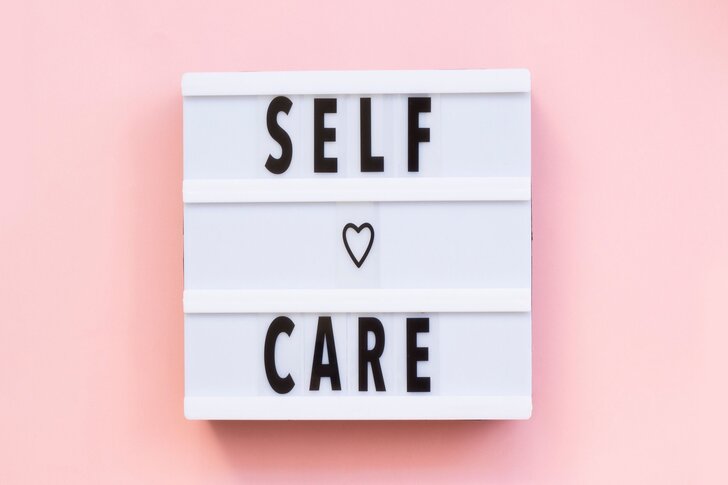
Engaging in creative activities such as painting, writing, music, or crafting can be a powerful form of self-care. Creative expression allows individuals to process emotions, reduce stress, and experience joy and fulfillment. Whether you are an experienced artist or simply enjoy dabbling in creative pursuits, the act of creating can be therapeutic and rewarding. Setting aside time for creativity in your daily or weekly routine can provide a meaningful outlet for self-expression and personal growth. Additionally, sharing your creations with others or participating in creative communities can foster a sense of connection and support. Embracing creativity as part of your self-care practice can enhance your emotional well-being and enrich your life.
0
Do you agree? 0% of people agree with your point of view!
2Sleep Hygiene
0 votes
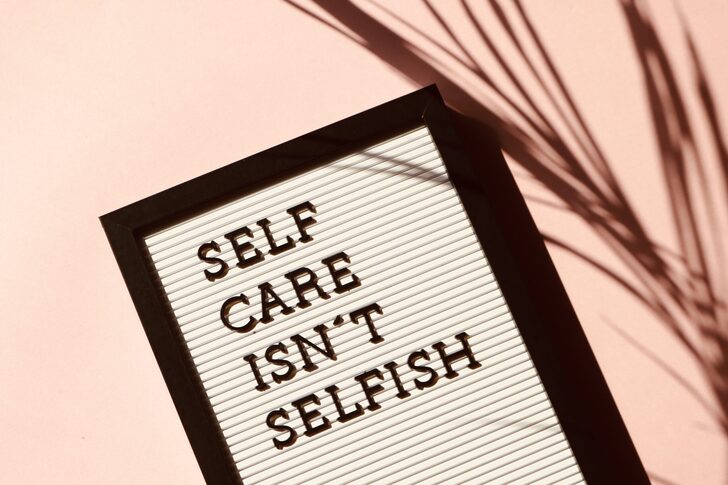
Good sleep hygiene is essential for physical and mental health. Establishing a consistent sleep schedule, creating a relaxing bedtime routine, and ensuring a comfortable sleep environment can significantly improve sleep quality. It is important to avoid stimulants such as caffeine and electronics before bedtime and to create a dark, quiet, and cool sleep environment. Adequate sleep supports cognitive function, emotional regulation, and physical health. Addressing sleep issues, such as insomnia or sleep apnea, with the help of a healthcare provider can also be crucial. Prioritizing sleep and making it a non-negotiable part of your self-care routine can lead to improved overall well-being and a more balanced life.
0
Do you agree? 0% of people agree with your point of view!
3Healthy Eating
0 votes
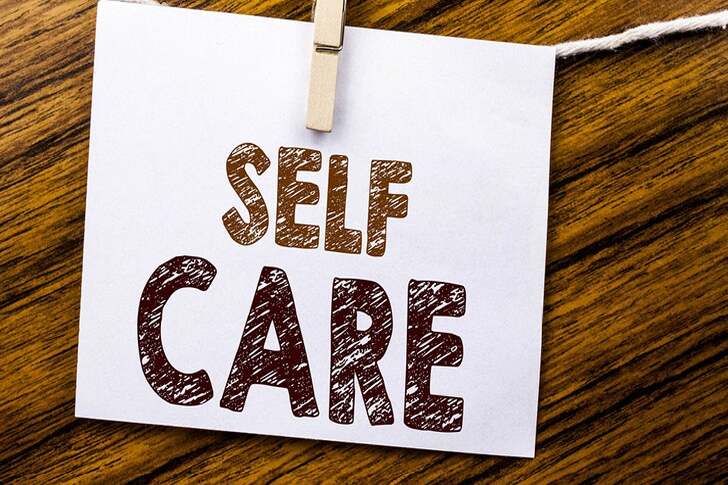
Nutrition plays a vital role in self-care and wellness. Eating a balanced diet rich in fruits, vegetables, whole grains, lean proteins, and healthy fats provides the necessary nutrients for optimal body function. Healthy eating can improve energy levels, support immune function, and promote overall health. It is important to stay hydrated and limit the intake of processed foods, sugars, and unhealthy fats. Planning and preparing meals at home can help ensure you are making nutritious choices and avoiding the pitfalls of convenience foods. Additionally, being mindful of your eating habits, such as eating slowly and paying attention to hunger and fullness cues, can enhance the enjoyment and benefits of your meals. Healthy eating is a foundational aspect of self-care that contributes to long-term wellness.
0
Do you agree? 0% of people agree with your point of view!
4Social Connections
0 votes
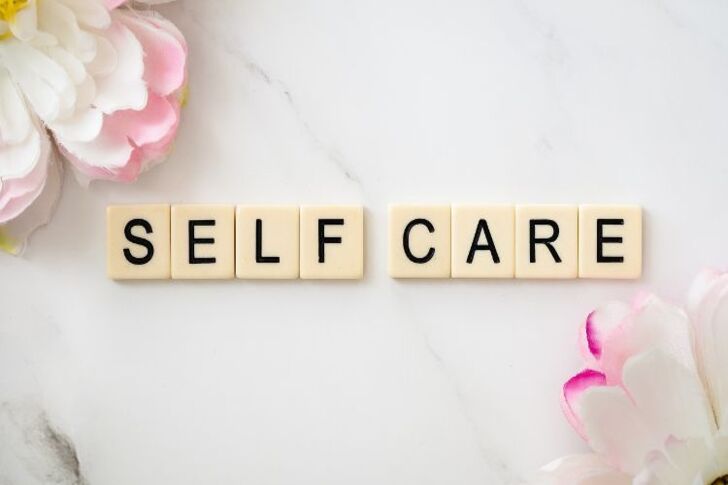
Maintaining strong social connections is an important aspect of wellness and self-care. Building and nurturing relationships with family, friends, and community members can provide emotional support, reduce feelings of loneliness, and enhance overall happiness. Engaging in social activities, whether through shared hobbies, volunteer work, or regular gatherings, helps to strengthen these bonds. It is also important to communicate openly and honestly with loved ones, and to seek support when needed. In today’s digital age, staying connected through virtual means can also be beneficial, although in-person interactions are irreplaceable. Prioritizing social connections and fostering meaningful relationships can significantly contribute to your mental and emotional well-being.
0
Do you agree? 0% of people agree with your point of view!
5Meditation and Mindfulness
0 votes
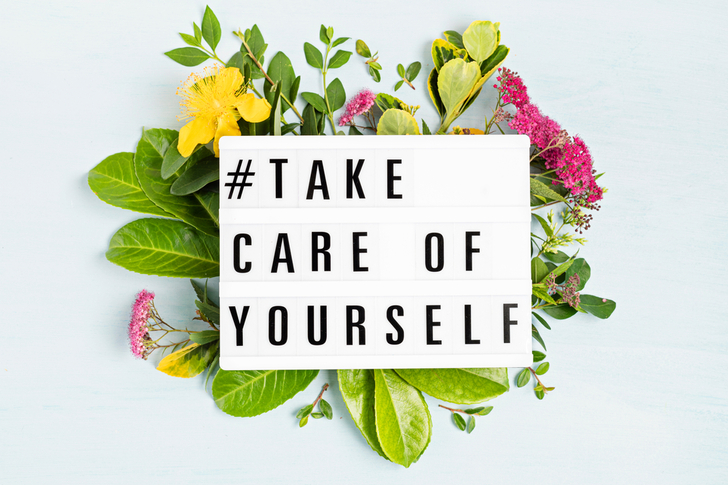
Meditation and mindfulness are powerful practices that promote mental clarity, emotional stability, and overall well-being. Meditation involves focusing the mind on a particular object, thought, or activity to achieve a mentally clear and emotionally calm state. Mindfulness, a form of meditation, involves being fully present and engaged in the current moment without judgment. These practices can reduce stress, improve concentration, and enhance emotional resilience. Incorporating meditation and mindfulness into your daily routine can be as simple as setting aside a few minutes each day to sit quietly and focus on your breath. There are numerous apps and resources available to guide beginners and help them develop a regular practice. By cultivating a mindful approach to life, you can improve your mental and emotional health significantly.
0
Do you agree? 0% of people agree with your point of view!
6Physical Exercise
0 votes
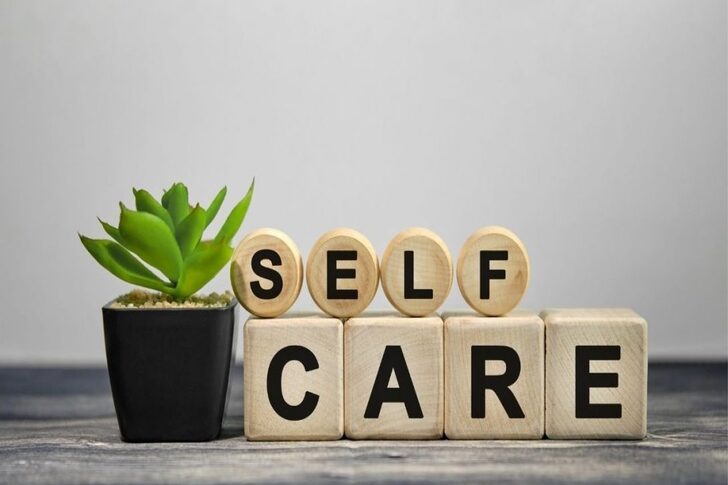
Regular physical exercise is a cornerstone of wellness and self-care. Engaging in physical activities such as running, yoga, swimming, or strength training can improve cardiovascular health, boost energy levels, and enhance mood. Exercise releases endorphins, which are natural mood lifters, and can reduce symptoms of anxiety and depression. Finding a form of exercise that you enjoy and can stick with is crucial for maintaining a consistent routine. Whether it’s a solo activity like jogging or a group class like spinning, the key is to make physical activity a regular part of your life. Not only does exercise benefit the body, but it also supports mental health and overall well-being.
0
Do you agree? 0% of people agree with your point of view!







Recent Comments